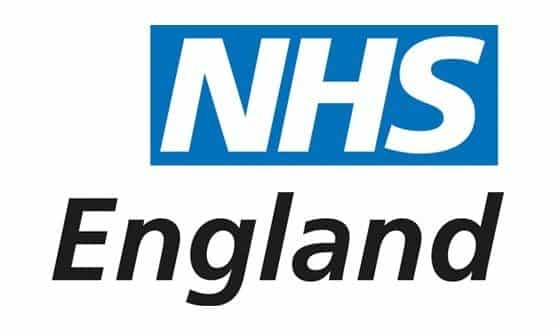Insurance companies to pay doctors for smartcards
- 28 February 2008
After a year of negotiations, German health insurance companies have agreed to pay doctors for the smartcard readers and software upgrades that the new German healthcare smartcards necessitate.
The German ministry of health has recently increased its pressure on insurance companies and doctors, following an announcement that the smartcard rollout will start later this year.
One million smartcards will be in circulation by the end of 2008, possibly in Saxonia or, more likely, in Northrhine-Westfalia.
The text of the agreement says that doctors will get a flat charge both for the new card readers and for a software update of their existing information systems. In reality it is only a partial agreement, how much money will actually be paid remains unclear. “The exact amount will be decided on one month before the beginning of the rollout”, the agreement says.
Nevertheless, Carl-Heinz Müller of Kassenärztliche Bundesvereinigung, the official political representative body of doctors in private practice, is convinced that the agreement is a victory for the doctors: “We have promised that there will be no costs involved for doctors in the smartcard project, and this goal is met”.
This is only true, though, if the flat charge covers the costs fully. “At the moment, a smartcard reader following the new gematik specifications comes in at around €200”, says Volker Czmok of Celectronic, a Berlin-based company that produces smartcard readers. The costs for the software update will depend on what is already installed. Companies that produce IT-solutions for doctors in private practice usually suggest €1000 as a rule of thumb.
The political representatives of German doctors are under extreme pressure when it comes to the smartcard project. The next national plenum of doctors in May 2008 will almost certainly single out the scheme for criticism.
In a draft of a position paper that was made public last week, the doctor’s political representatives try to find a wording capable of gaining a majority in the May plenum, without bluntly saying ‘no’ to smartcards altogether. The paper suggests that doctors accept the rollout of the smartcards, but demand that electronic prescriptions and shared electronic patient records should only be introduced on a voluntary basis.
A reserved wording may indeed yield a majority among doctors. However, when it comes to electronic prescriptions, this position is not compatible with law. The paragraph that rules the introduction of smartcards in the German healthcare system explicitly says that electronic prescriptions are ‘mandatory’. Therefore, there is room for confrontation between doctors and the ministry of health.
Regardless, the news that insurance companies will pay for the initial hardware may calm some doctors, but whether it will be enough to win the plenum and secure a smooth rollout later in the year remains debatable.




